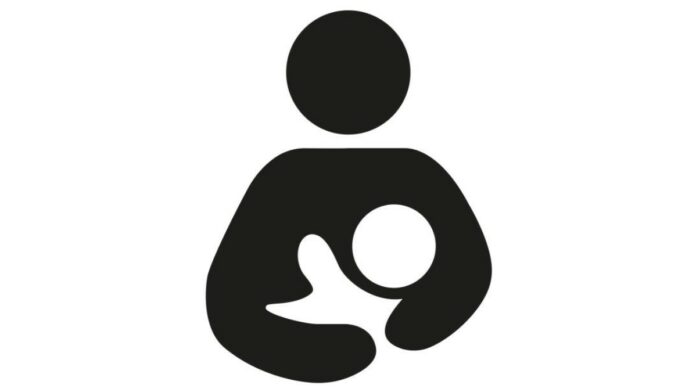
In a significant decision, the Karnataka High Court has ruled that breastfeeding is an unassailable right of a lactating mother, protected as part of the right to life under Article 21 of the Constitution.
Likewise, a nursing baby has the right to be breastfed and in line with the mother’s right to breastfeed, a single-judge bench comprising of Justice Krishna S Dixit ruled.
“According to domestic law and the international law as discussed above, breastfeeding should be regarded as an inalienable right of lactating mothers, in the same way, the right of an infant to be breastfed has to be assimilated with the mother’s right. This important part of motherhood is protected under the Fundamental Rights under section 21 of the Indian Constitution;“It is unfortunate that this beautiful baby for no-fault remained without breastfeeding, its lactating mother having no access for the same till now; this shouldn’t happen in a civilized society,” the order read.
The Court was hearing the dispute for the custody of a child, between the foster mother and the birth mother.
The foster mother’s counsel argued that she had taken care of and looked after the child for many months with love and affection and should therefore be allowed to get the child’s custody. It was further pointed out that the birth mother had two children and the foster mother doesn’t have any.
In response, the lawyer appearing on behalf of the genetic mother argued that in matters of child custody between the parents, the above argument of the foster mother could be true. However, between the birth mother and a foster mother, the claim of the foster mother should be before the claims of the birth mother.
The Court held that the right of a nursing mother to breastfeed her child and that the right of the infant to have breast milk is protected under Article 21.
The Court also ruled that the claim of a stranger to the child’s custody would stand on a lower footing when compared to the claims of a genetic parent.
“The problem with the case we are facing is that it is not of a repetitive form and so it is not possible for any judge to profit merely by experience and thereby be able to lay down thumb rules for the same, especially if the elements involved are this complex; however there is a broad norm in the matters of child custody that the claim of the strangers should yield to that of the genetic parents,” the Court stated.
The submission provided by the foster mother that she should be allowed to keep the child as she did not have children did not please the Court. To this, the court said- “The children are not chattel to be divided between their genetic mother and a stranger on the basis of their numerical abundance “.
Later, the Court was told that the foster mother had transferred custody of the child to the genetic mother, who agreed that the foster mother could see the child whenever she wished.
Seeing this, the Court said,
“… Such an act of kindness by two women from two different religions is remarkable for their rarity these days; therefore, this legal battle for the custody of the beautiful child draws to a happy conclusion, once and for all.”





